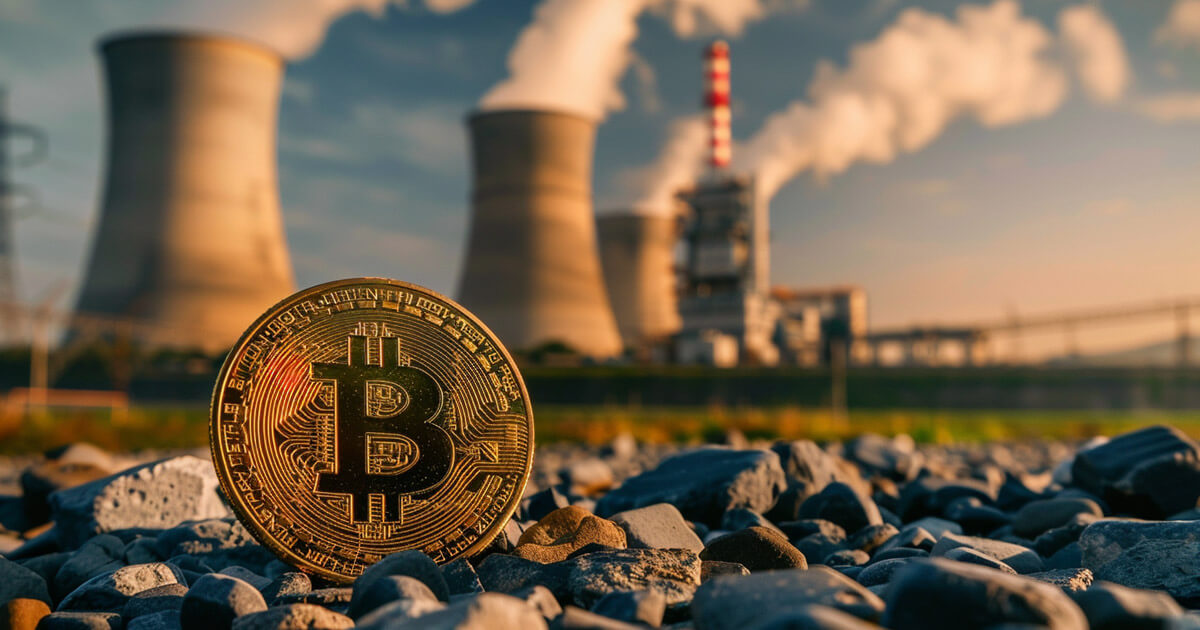
Researchers from the non-profit group Exponential Science and College School London have identified that Bitcoin mining bans may need unintended environmental penalties that would improve carbon emissions by as much as 2.5 million tonnes yearly.
Within the paper titled “The Unintended Carbon Penalties of Bitcoin Mining Bans: A Paradox in Environmental Coverage,” the researchers examined how issues over Bitcoin mining’s environmental affect have prompted numerous governments to think about or implement bans on cryptocurrency mining.
Nevertheless, these well-meaning insurance policies might have had the other impact of shifting mining operations to areas with increased carbon emissions.
The analysis staff, consisting of Dr. Paolo Tasca, Juan Ignacio Ibáñez, Aayush Ladda, and Logan Alred, utilized information from Nodiens to mannequin the environmental affect of Bitcoin mining bans by assessing whole carbon emissions throughout numerous nations.
Environmental affect
The researchers emphasised that mining bans in nations wealthy in renewable power — corresponding to Canada, Paraguay, El Salvador, and Norway — might improve emissions, thereby undermining these nations’ environmental aims.
As an example, Canada, which closely depends on nuclear and hydroelectric energy, may expertise a major rise in carbon emissions of as much as 2.5 million tonnes yearly. Paraguay, El Salvador, and Norway would additionally see elevated emissions because of related bans.
In the meantime, a ban in nations with carbon-intensive power sources, like Kazakhstan, China, and Malaysia, would doubtless scale back emissions. Kazakhstan, which primarily depends on fossil fuels, might see a major lower in carbon emissions of as much as 3.4 million tonnes if it adopted such initiatives.
The examine additionally examined potential bans on the state degree within the US. It famous that Kentucky, Georgia, and Nebraska might expertise diminished emissions with a ban, whereas New York and Texas would doubtless see elevated emissions from related actions.
Unintended penalties
The analysis means that bans on Bitcoin mining in low-emission nations might result in a considerable internet improve in world carbon emissions as mining operations relocate to areas with increased carbon footprints. This end result contradicts the unique objectives of those insurance policies.
To handle these challenges, the researchers advocate for a extra nuanced regulatory framework surrounding Bitcoin mining. They stress that not all Bitcoin mining is equal, and it is important to judge the power sources utilized in mining operations earlier than establishing regulatory insurance policies.
Additional, the paper urged policymakers to rethink the effectiveness of outright Bitcoin mining bans as a way to cut back world carbon emissions.
As an alternative, the paper acknowledged that the authorities ought to encourage renewable power use for mining operations in high-carbon areas and supply incentives for relocating mining actions to low-carbon areas, which might higher align with the aim of decreasing carbon emissions whereas supporting the expansion of the crypto sector.
Margot Paez, a fellow on the Bitcoin Coverage Institute, echoes this sentiment. She believes that Bitcoin has the potential to facilitate a transition from the prevailing financial system to 1 that higher aligns with ecological rules, in the end serving to mitigate the worst results of local weather change.

